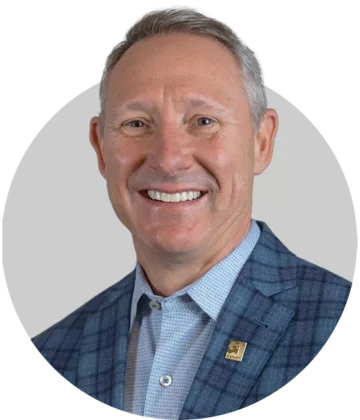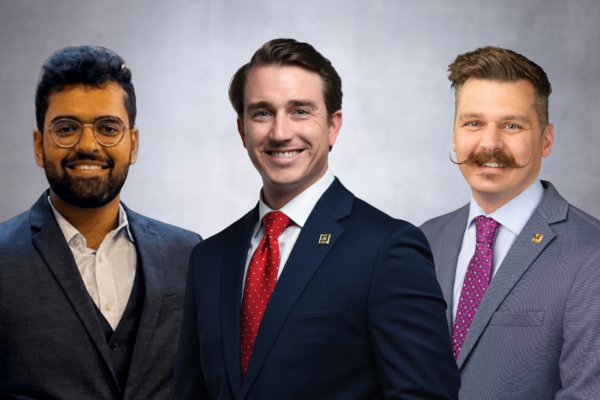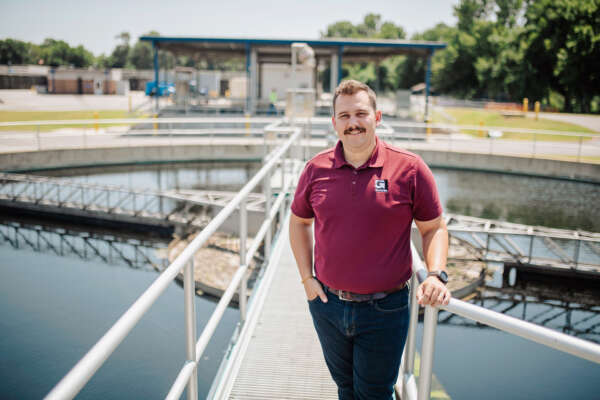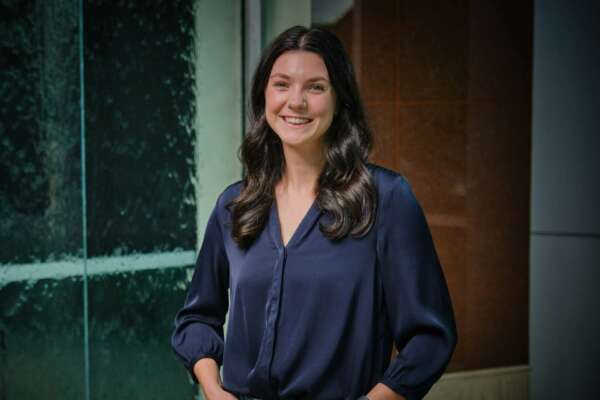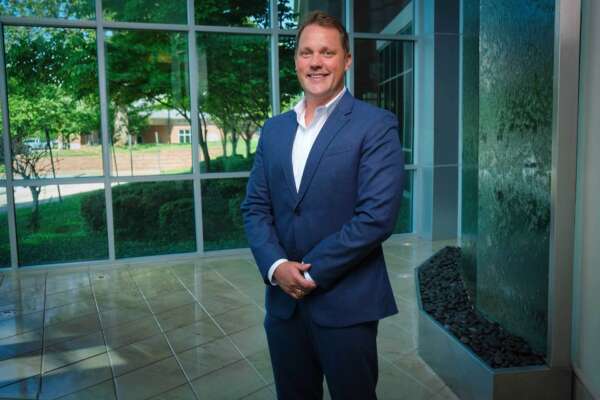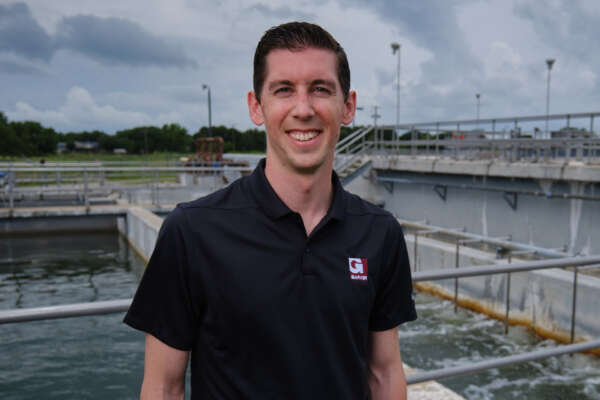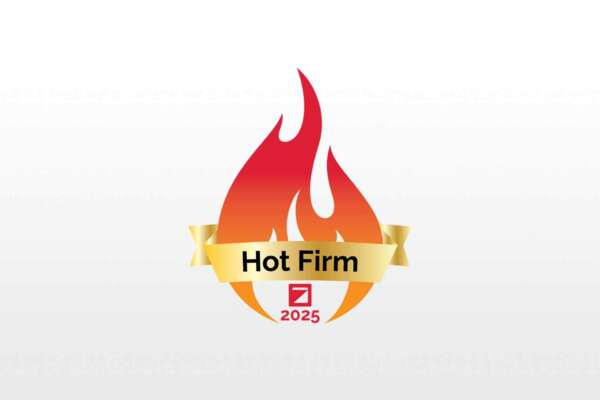MO-AWWA-MWEA Joint Annual Meeting
Osage Beach, Missouri | Mar. 27-30
The Garver Water and Wastewater Team will join others within the water and wastewater industry from across the state at the annual joint conference between the Missouri Section of the American Water Works and the Missouri Water Environment Association in Osage Beach, Missouri.
Garver Water’s presence will include participation in a wide variety of technical presentations and agenda items related to the advancement of knowledge, technology, and application of water treatment, all geared toward preserving and enhancing the global water environment.
See below for a full list of Garver’s presentations, and meet with the team at Booth No. 22.
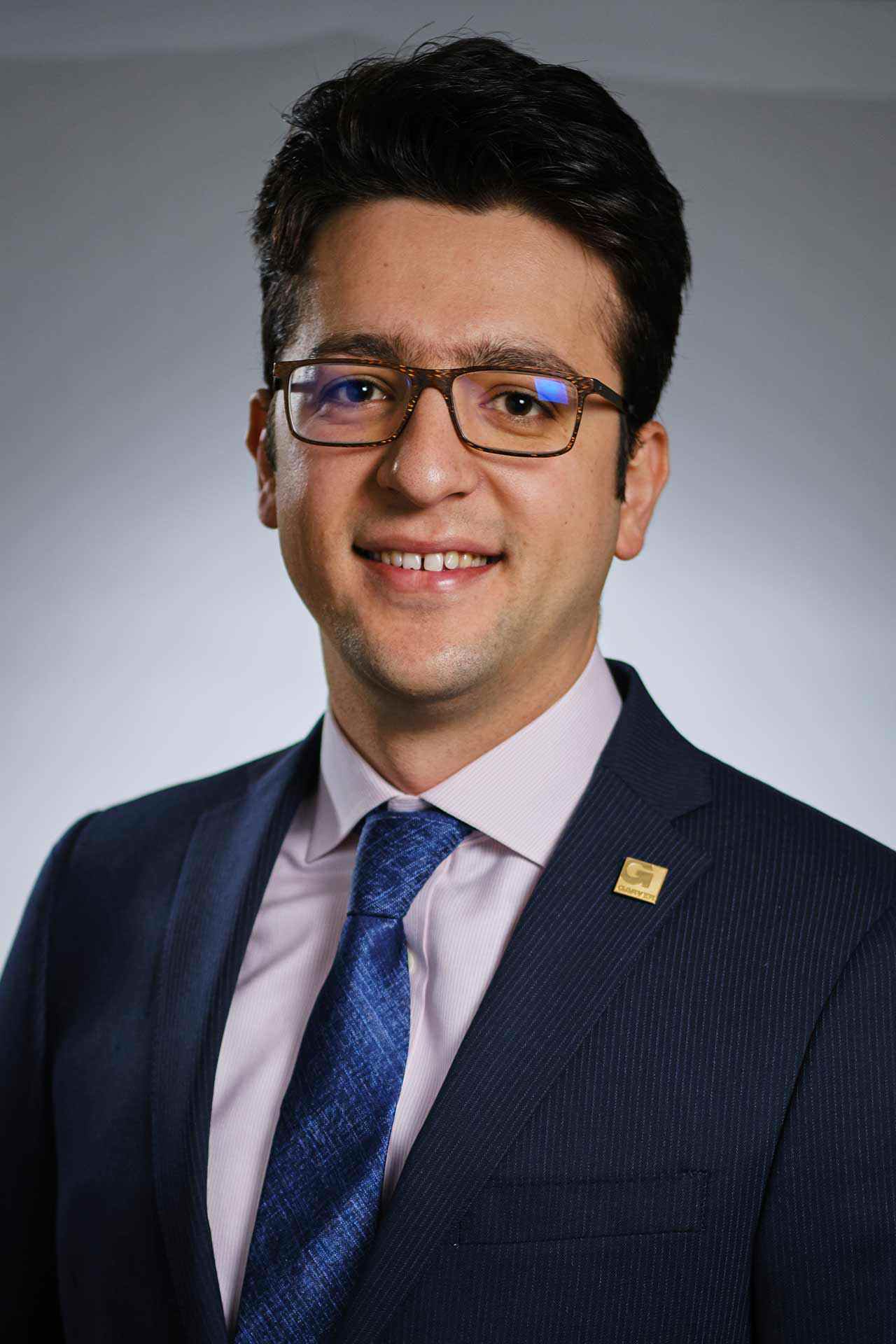
Process Design Engineer Kam Sardari, Ph.D., PE and Fayetteville Water Design Center Manager Andy Pruitt, PE | Combining Biological and CFD Modeling to Boost Activated Sludge Basin Performance | 10:55-11:45 a.m., March 28
Garver utilized the latest biological process and CFD modeling techniques to evaluate multiple basin configurations for a larger (>200 MGD) wastewater treatment plant to boost treatment efficiency and simplify operation and maintenance. This presentation will present the results to the modeling effort compared directly with actual field performance before and after completion of proposed improvements.
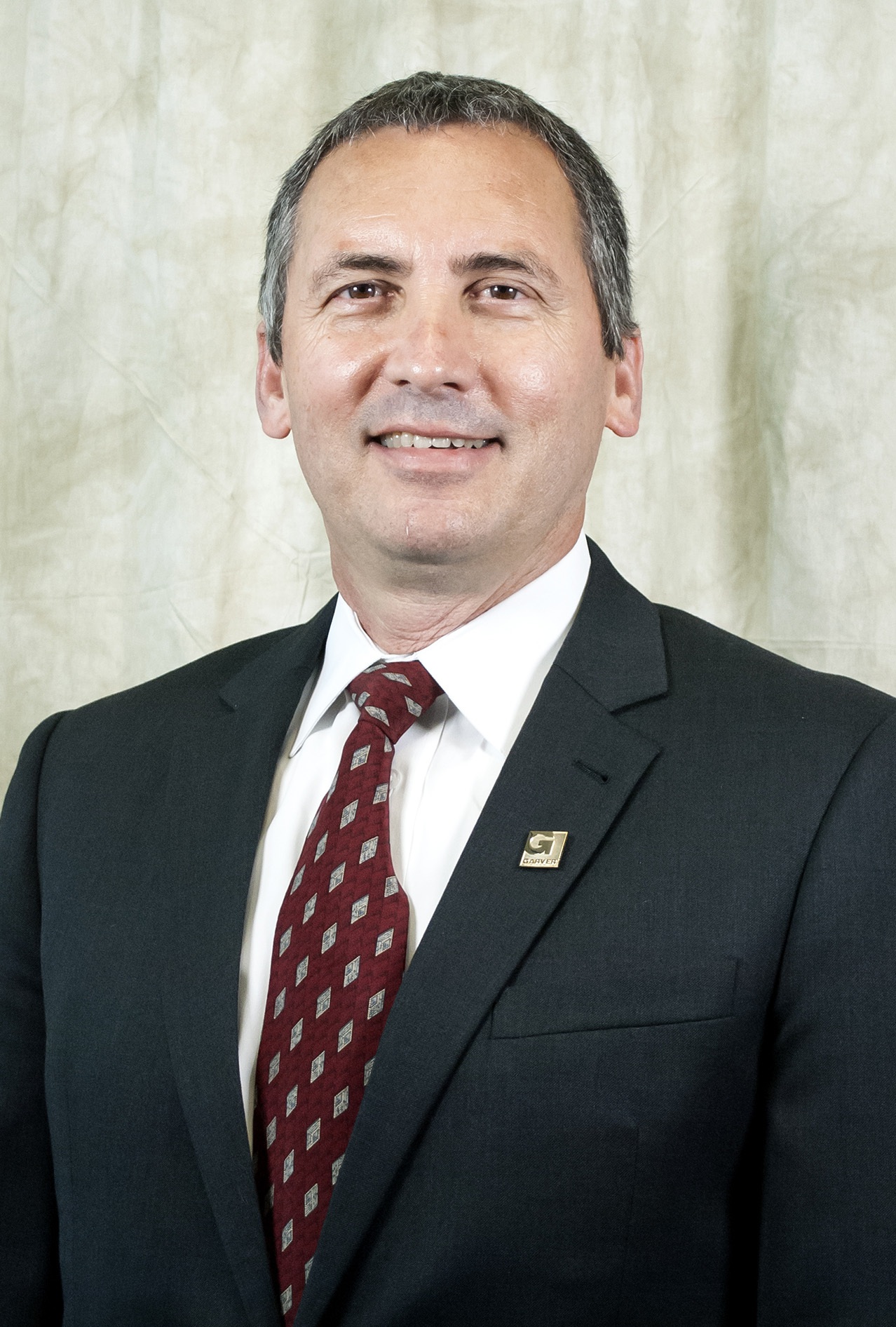
Central Region and Water Technology Director Randy McIntyre, PE, BCEE | Top 10 Water-Wastewater Changes Since 1980 & Top Ten Likely Changes in Next 30 Years | 2-2:50 p.m., March 28
Environmental Engineering and water-wastewater Treatment has changed significantly. This presentation contrasts those changes and improvements in technology, approach, skills and expectations. Realizing these changes, and borrowing from the David Letterman’s Top 10 Lists, what are the future changes in how we provide engineering, operations, supervision, management and communications?
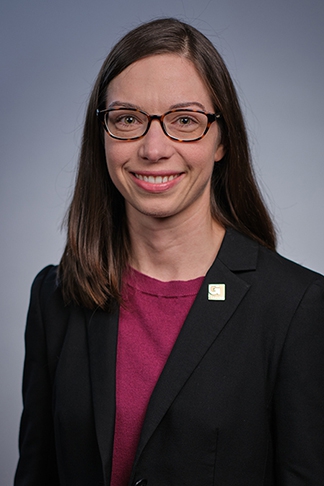
Distribution System Water Quality Practice Leader Ashley Pifer, Ph.D., PE | Making the Most of Chlorine and Monochloramine for Secondary Disinfection | 8:55-9:45 a.m., March 29
This presentation will discuss considerations for implementing chloramination and best practices for operating chloraminated systems. The presentation will also include an overview of issues related to unregulated DBPs and opportunistic pathogens (e.g., Legionella) that are part of ongoing discussions of potential revisions to the Microbial and DBP (MDBP) rules.
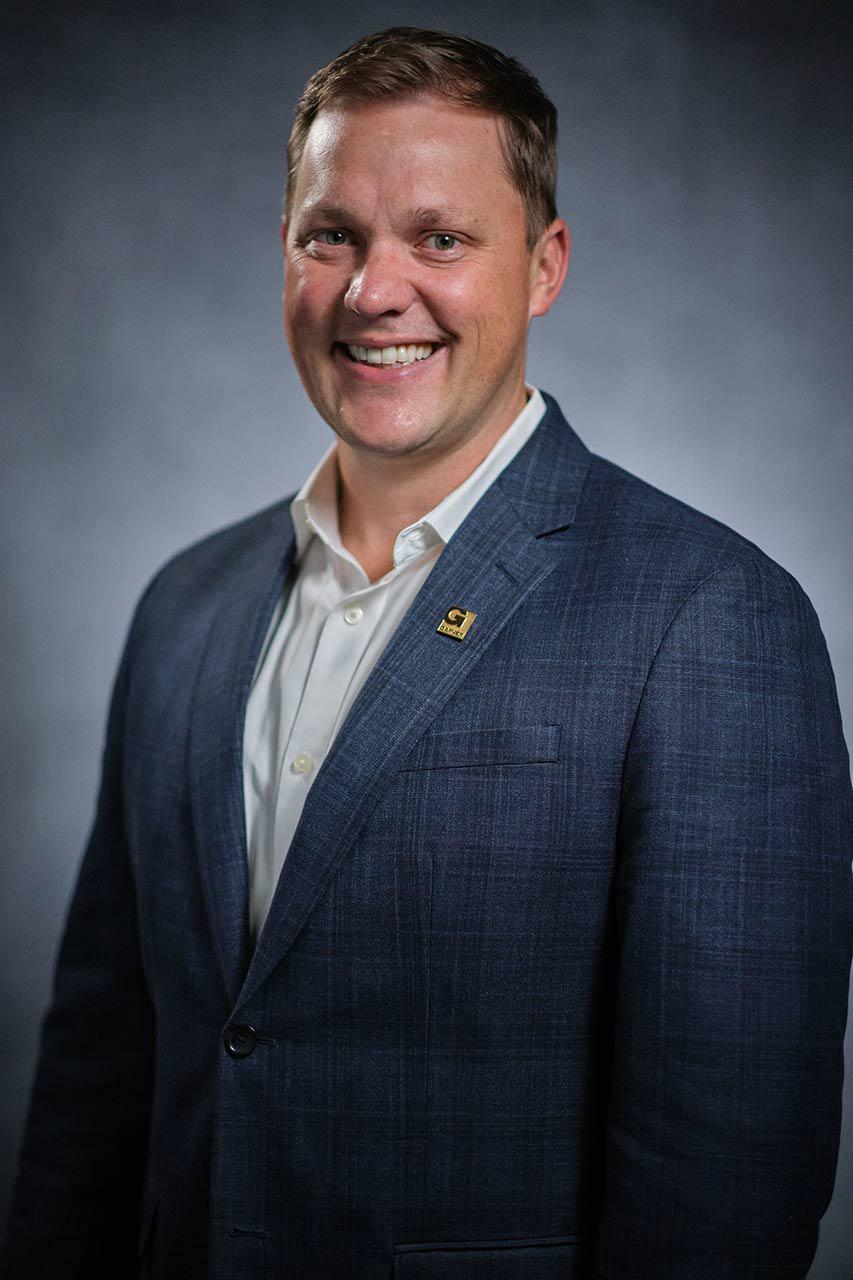
Director of Water Services Jeff Sober, PE, BCEE | For better or for worse? Installing a perforated plate screen – is this the best option for fine screening? | 10:15-11:05 a.m., March 29
Sober will discuss the common failures of installing perforated plate screens in existing channels, as well as how utilities can mitigate these challenges or choose a different technology.
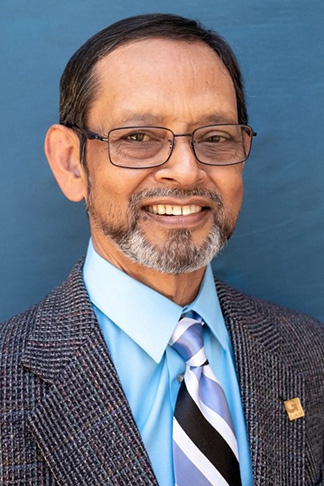
Water Practice Leader Zaid Chowdhury, Ph.D., PE, BCEE | Use of Granular Activated Carbon (GAC) including Biological Filtration (BAF) for Taste and Odor Control and DBP Rule Compliance | 11 a.m.-noon, March 29
This presentation will provide information regarding the design and operation of GAC biofilters and adsorbers. Benefits and challenges (including cost implications) for the use of these unit processes will be discussed. A summary of the anticipated rule changes for the D/DBP Rule will also be included in the presentation.

Process Group Leader Rusty Tate, PE | Optimizing Anaerobic Digestion: Five Ways to Boost Methane Production - A Case Study of the Spring Branch WWTP | 1:15-2:05 p.m., March 29
Tate will present on the City of Huntsville, Alabama’s approach to improving their solids handling process. This presentation will discuss the facility wide evaluation to analyze the entire solids treatment train, from the point of sludge generation all the way to gas production.
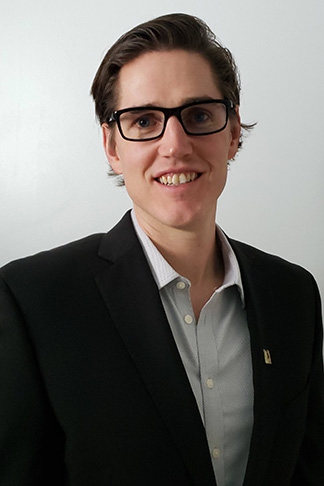
Planning and Modeling Team Leader Evan Tromble, Ph.D., PE | Where's my Water? Zeroing in on Water Loss and Better Delivery | 3:15-4:05 p.m., March 29
Do you care about water loss? In this presentation, Tromble will discuss how to find water losses and how to reduce both apparent and real water losses.
